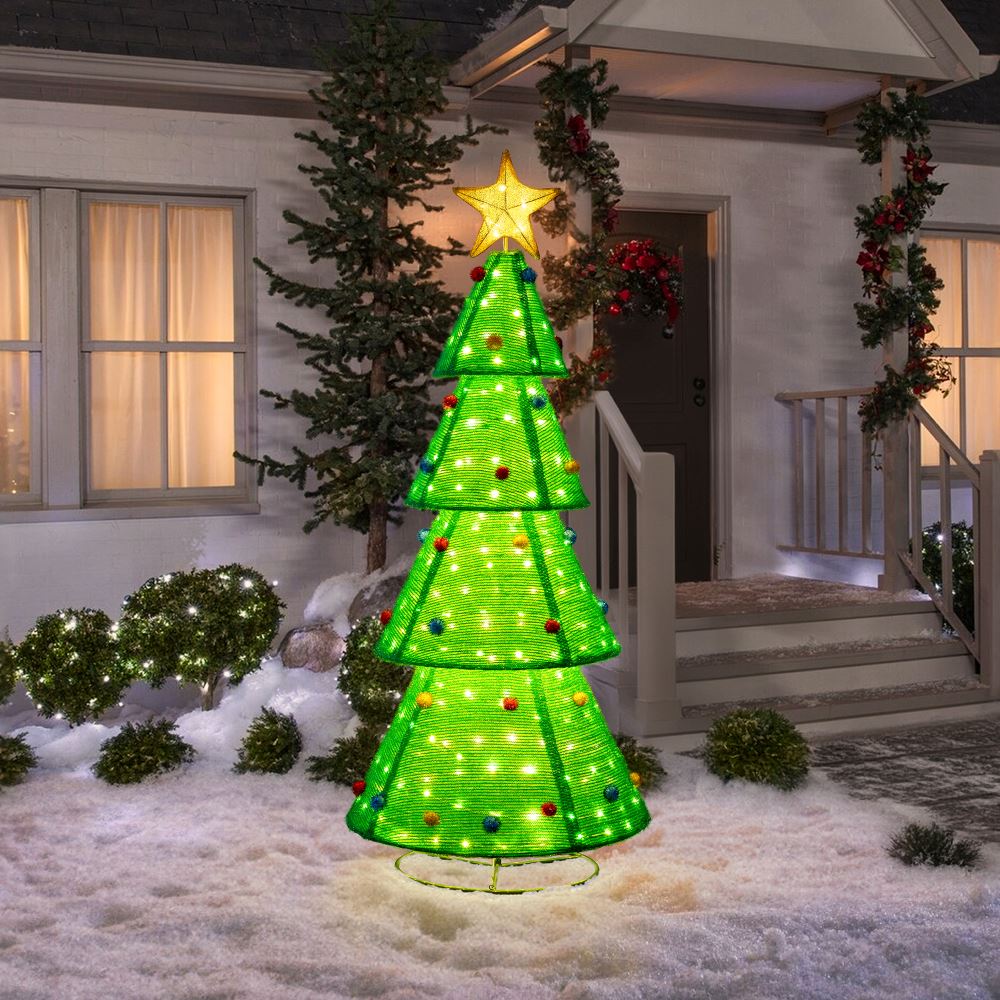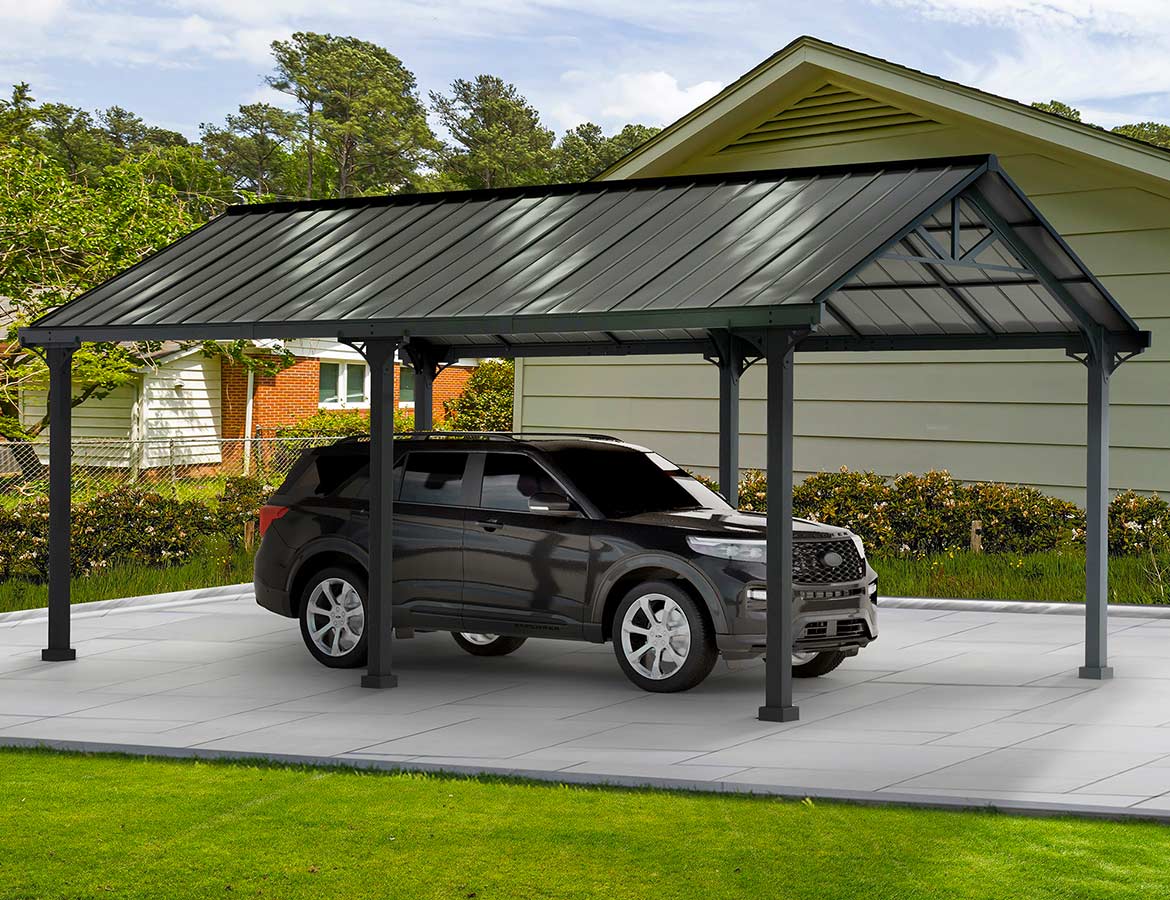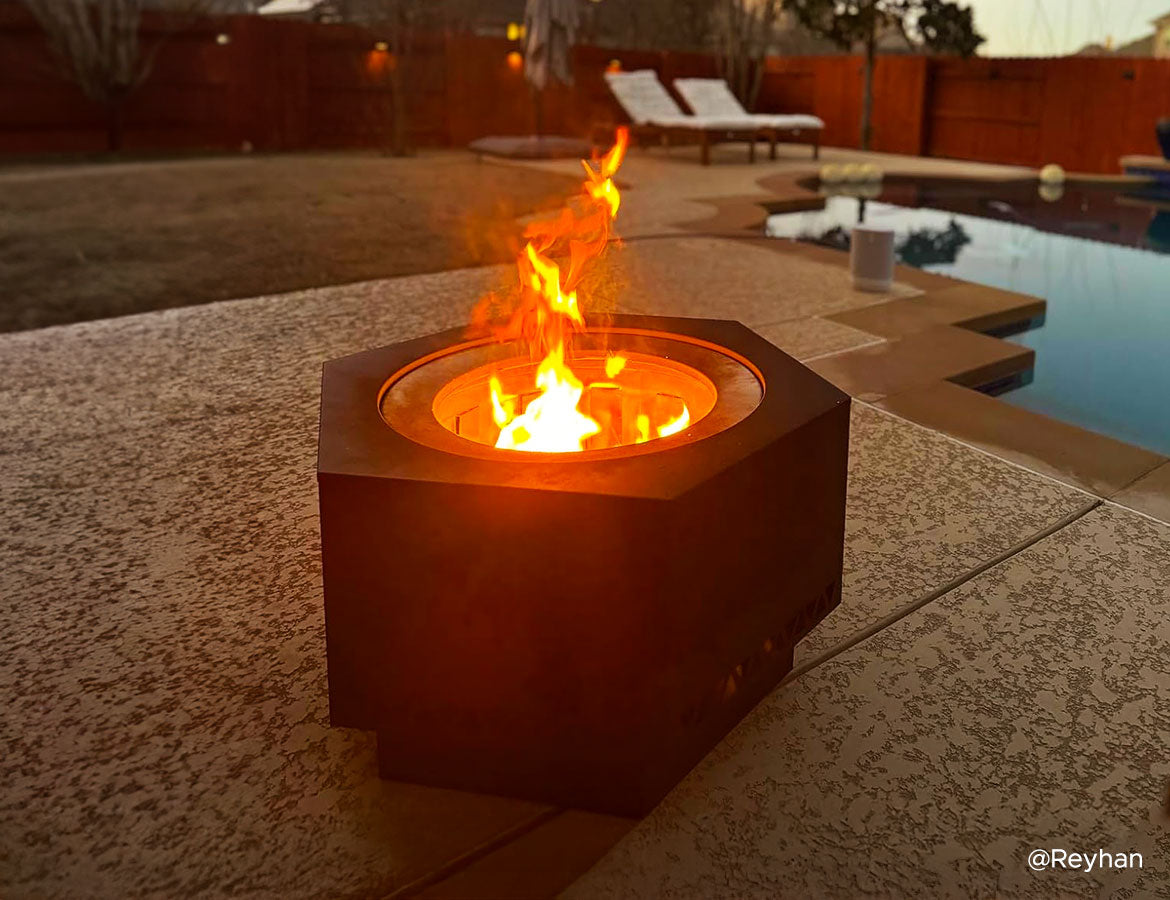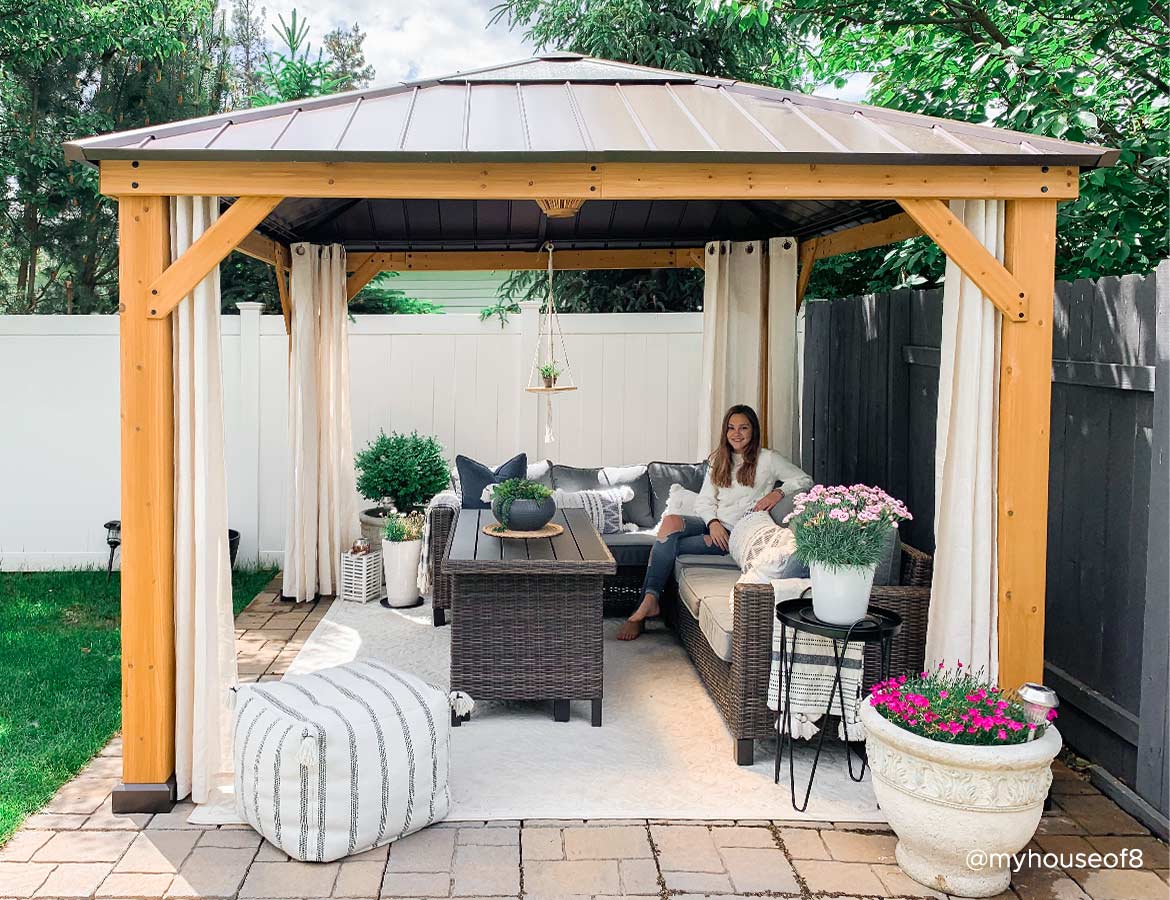1. Why Rust is a Major Threat to Metal Carports
Rust isn’t just an eyesore—it can weaken the structural integrity of your carport over time. When moisture comes into contact with exposed metal, oxidation occurs, leading to corrosion.
Common causes of rust include:
Rain and snow exposure
Humidity buildup due to poor carport ventilation
Chips or cracks in protective carport paint
Salt from winter roads or coastal air
Left untreated, rust can cause metal panels and joints to deteriorate, requiring costly repairs or replacement.
2. Choose the Right Carport Paint for Rust Prevention
One of the most effective defenses against rust is applying a high-quality carport paint that seals the metal from moisture. Not all paints are created equal—choosing the best paint for metal carport ensures you get long-lasting protection.
Look for paint that is:
Rust-inhibiting or corrosion-resistant
UV-resistant to prevent sun damage and fading
Compatible with galvanized or coated metal surfaces
Before applying, clean the surface thoroughly and remove any existing rust with a wire brush or sandpaper. Apply primer if needed, then finish with 1–2 coats of the chosen paint.
3. Optimize Carport Ventilation to Reduce Moisture
Good airflow is often overlooked but critical in preventing rust. Poor carport ventilation allows condensation to build up inside, especially in enclosed or semi-enclosed models.
Ways to improve ventilation:
Install louvered vents on side panels
Leave open spaces near the roofline for air circulation
Consider a roof ridge vent for taller structures
With better carport ventilation, you'll reduce the internal humidity that often accelerates rust formation—especially during seasonal weather changes.
4. Routine Carport Maintenance Tips to Spot Rust Early
Consistency is key. Performing regular carport maintenance helps you catch rust or paint damage before it spreads.
Carport maintenance tips include:
Inspect your structure every 3–6 months
Clean off dirt, leaves, and debris regularly
Check for scratches, dings, or chipped paint and touch them up immediately
Look for water pooling around the base and correct drainage if needed
Routine upkeep not only prevents rust but also extends the overall lifespan and appearance of your carport.
5. Seal the Base and Anchor Points
The base of your carport is particularly vulnerable to rust due to its constant contact with water, snow, and road salt. Seal all anchor points and joints with weather-resistant caulk or silicone sealant.
Other steps to protect the base:
Elevate posts slightly off the ground using concrete footers
Add rubber or plastic barriers between metal and concrete surfaces
Keep surrounding areas free of grass clippings, mulch, or wet debris
This kind of carport maintenance is especially important in regions with freeze-thaw cycles, which can force water into gaps and cause long-term damage.
6. Apply a Rust Converter for Minor Rust Spots
If you spot early-stage rust, it’s not too late. Use a rust converter—a chemical treatment that transforms rust into a stable, paintable surface. Once it dries, apply a coat of carport paint to seal it off.
Steps for treatment:
Scrub the rusted area clean
Apply the rust converter with a brush or spray
Let it cure for the recommended time
Paint over with the best paint for metal carport to protect
This approach can save you from replacing panels or dealing with widespread corrosion.
7. Don’t Forget the Roof and Gutters
The roof is a high-risk area for rust, especially if your carport has poor drainage or clogged gutters. Standing water or trapped leaves create moisture hotspots.
Maintain your roof by:
Cleaning out gutters and downspouts seasonally
Checking for leaks or pooling after rain
Repainting roof panels with rust-resistant coatings every few years
Incorporating the roof into your regular carport maintenance tips will keep the entire structure stronger and safer.
8. Seasonal Care for Different Climates
Your approach to rust prevention may vary depending on where you live.
Cold and snowy climates:
Remove snow buildup promptly
Rinse off road salt from posts and base in late winter
Humid regions:
Prioritize carport ventilation
Use mildew- and moisture-resistant paint
Coastal areas:
Choose marine-grade or zinc-rich carport paint
Clean salt deposits regularly with mild soap and water
Adapting your strategy to your environment makes your carport maintenance more effective year-round.
9. Regular Cleaning = Long-Term Protection
A clean carport is not just about looks—it’s your first line of defense against rust. Dirt, bird droppings, and plant matter all retain moisture and can slowly corrode the metal beneath.
Best practices:
Hose down your carport monthly, especially after storms
Use a non-abrasive brush and mild detergent
Dry it with a towel or allow it to air dry in sunlight
This simple habit will drastically reduce the conditions that lead to corrosion.
10. Final Thoughts: Rust Prevention is a Smart Investment
Preventing rust on your metal carport doesn’t require major effort—but it does require consistency. With the right carport maintenance tips, you can avoid expensive repairs and keep your carport functional and attractive for decades.
To recap:
Use the best paint for metal carport
Prioritize carport ventilation
Inspect and clean regularly
Treat early rust spots immediately
Seal and protect vulnerable areas
If you’re investing in a carport—or already have one—it’s worth going the extra step to protect it properly. Rust prevention is more than just aesthetic—it’s essential for long-term structural safety.
Need help selecting the right paint, ventilation add-ons, or rust prevention accessories?
Browse our latest product offerings or contact our team for expert recommendations to extend the life of your carport.






Leave a comment
All comments are moderated before being published.
This site is protected by hCaptcha and the hCaptcha Privacy Policy and Terms of Service apply.